I love the bloat conversation because I know a thing or two about it so today let’s chat through the best supplements for IBS bloating.
What is Irritable Bowel Syndrome
Before I share ways for combatting bloating with IBS, let me just share some symptoms.
First, IBS stands for irritable bowel syndrome which is vastly different from IBD (inflammatory bowel disease).
In the differences between IBS vs IBD, you are able to clearly see how different the two are.
Here are many of the IBS symptoms:
- abdominal pain and/or abdominal cramps
- constipation
- diarrhea
- both constipation and diarrhea, alternating
- gas
- bloating and/or distention (not the same things)
- mucus in stool
- nausea
What oftentimes accompanies many of the above for IBS patients is bloating.
This is our topic at hand today.
What is Bloating?
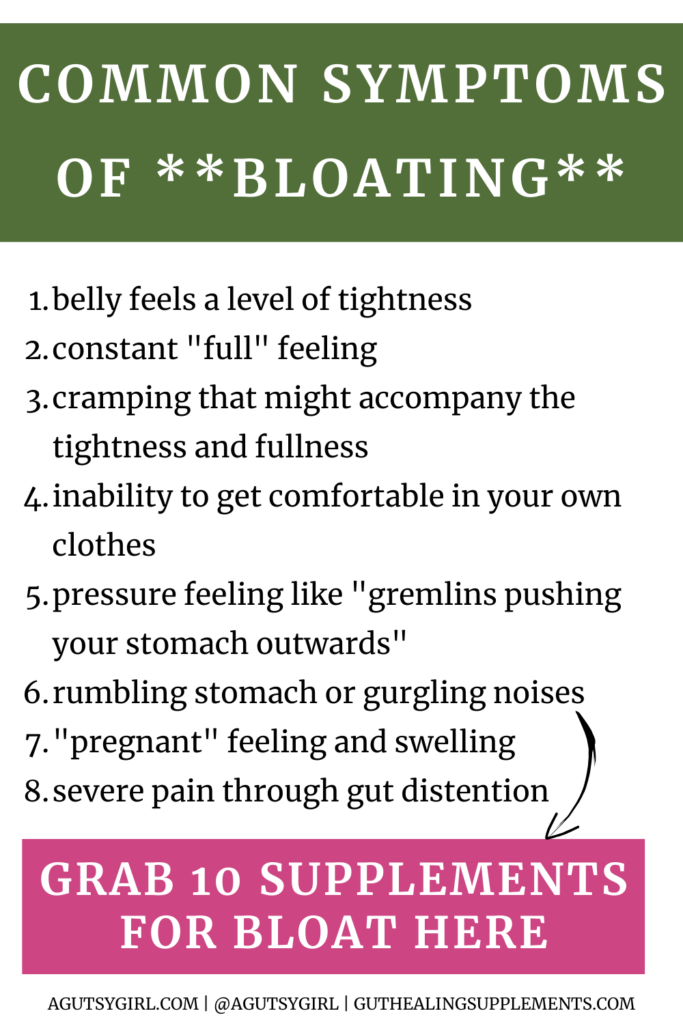
There are many different ways people might describe digestive issues as they relate to the bloat they feel.
Here are some common symptoms:
- belly feels a level of tightness
- constant “full” feeling
- cramping that might accompany the tightness and fullness
- inability to get comfortable in your own clothes
- pressure feeling like “gremlins pushing your stomach outwards”
- rumbling stomach or gurgling noises
- “pregnant” feeling and swelling
- severe pain through gut distention
And these symptoms are not just your body’s way of saying something is off, but they affect quality of life.
If you’ve ever experienced any of the above, then you know exactly what I’m talking about.
But I’m not here to tell you how you feel – IBS sufferers already know. You feel it on a daily basis.
I’m here to share ways to get rid of bloat ASAP.
Namely, through some proven best supplements for IBS bloating.
Best Supplements for IBS Bloating
Click HERE to save this post for later.
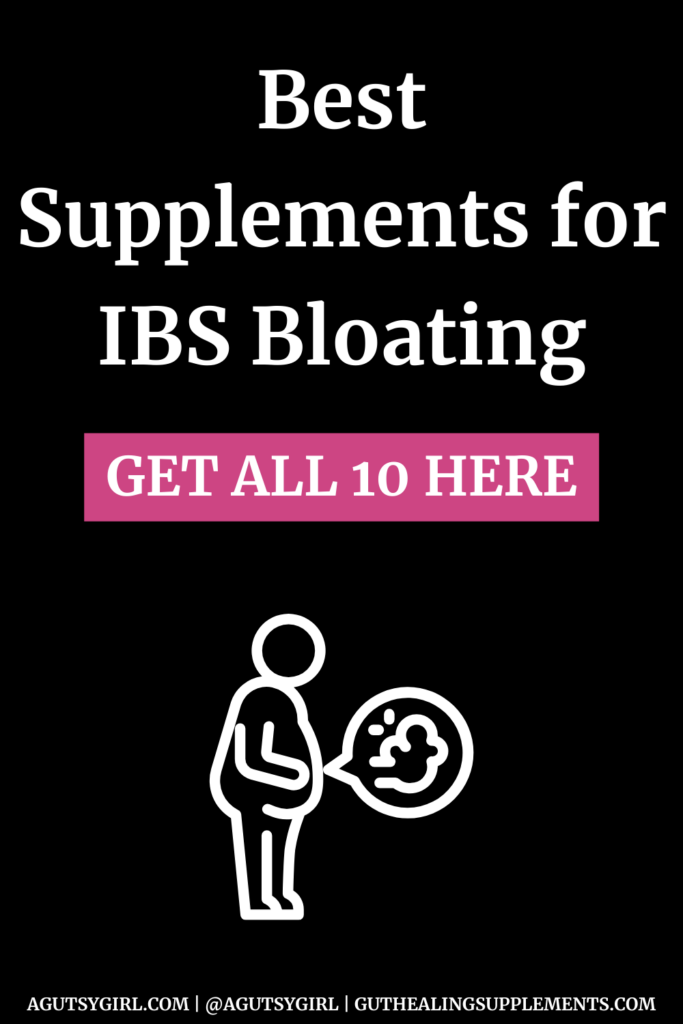
You know when you’re sick and the doctor gives you an antibiotic of sorts to the job of helping you feel better ASAP?
Well, think of these supplements I’m going to share today as sort of having the same effect — only they aren’t drugs and medications — they are natural supplements to help diminish digestive discomfort. (Minus #10, which is considered more of a medication, but one that I didn’t want to leave off of this list of the best supplements for IBS bloating.)
Note: I am not a registered dietitian and this is not medical advice. But all of the below have been studied and researched as an effective solution for getting rid of unwanted bloat. It’s a good idea to always work with your medical provider as to whether or not these are suitable for you.
1: Digestive Enzymes
“Digestive enzymes” is a broad term that includes pancreatic enzymes, plant-derived enzymes and fungal-derived enzymes.
These dietary supplements help turn larger molecules found in foods (carbs, protein and fats) into more easily absorbed particles (such as amino acids, fatty acids, cholesterol, simple sugars and nucleic acids).
In my opinion, they are one of the best ways to see significant improvement immediately because they allow you to eat while giving you the added digestive system support.
Digestive enzymes are helpful for food intolerance and can massively improve your quality of life.
The body can then actually use these particles to function and for energy. To learn more about digestive enzymes read What are Digestive Enzymes?
2: Probiotic
The goal of a probiotic is to add beneficial bacteria, good bacteria, into the digestive system. These are live microorganisms that oftentimes help negate “bad” bacteria.
So how would you know which probiotic to take?
Well, you need to understand probiotic species and different probiotic strains, which you can learn about HERE.
Depending on what those properties are and what they aim to do will determine if it’s the best probiotics for you.
Different probiotics are intended for different conditions.
For example:
- Saccharomyces boulardii is a probiotic yeast that can help support digestive health by producing lactate, B vitamins, and targeted antimicrobials to defend against pathogenic gut infections. S. boulardii has also been shown to be immunoprotective through the upregulation of IgA and IgG secretions in the intestines. (source)
- Bacillus HU36 produces high levels of carotenoids such as Lycopene, Lutein, Astaxanthin, Zeaxanthin and Beta-Carotene. Along with these crucial antioxidants, Bacillus HU36 also produces quinols and essential vitamins B and K2.
- Bifidobacterium Lactis Bb-12 has been shown to be conducive for constipation. (source)
This is why not all probiotic supplements work for everyone. And it’s something I demonstrate via Should I Take a Probiotic with SIBO?
Yes, of course my preferred and most commonly recommended probiotic is the Just Thrive probiotic due to the clinical studies conducted (Just Thrive has studies showing their strains created a 30% favorable shift in the health of the Microbiome), but again, you must choose what’s right for YOU.
3: Vitamin C
There is a common caution out there for Vitamin C: don’t take too much or you end up with diarrhea.
Vitamin C acts as an osmotic agent, drawing water into the intestines, which really gets things moving. This can help with constipation and bloating, and gets the digestive tract moving.
It’s for this very reason, then, that many will take it for bloating and constipation.
Some options I like:
- Paleovalley Essential C Complex: This Essential C Complex contains not one but three of the most concentrated natural sources of vitamin C: amla berry, camu camu berry, and unripe acerola cherry. Each nutrient-packed serving delivers 750% of your daily recommended intake of vitamin C – an amount meant to help you thrive, not just survive.
- Doctor’s Best. THIS is the one I have. I’ve used this one for quite some time now.
- NOW Foods Vitamin C
- Metagenics Ultra Potent (if you want it in capsule form)
4: Digestive Bitters
There is no denying my love for all things bitter herbs for digestion.
Bitter Herbs have a long history of use and can be traced back to traditional Chinese medicine practice, where they took root as digestive aids.
Digestive bitters contain many different types of herbs, some of the main ones being:
- gentian root
- licorice root
- artichoke leaf
- dandelion root
- bitter root
- wormwood
- lemon balm
As soon as the digestive distress starts, taking a digestive bitter can help reduce gas and bloating.
5: HCL
Bloating is very common without adequate stomach acid.
Low stomach acid is oftentimes a cause for slow motility, which in turn causes uncomfortable symptoms like gas and bloating.
This occurs when the stomach does not have enough acid to break down proteins and other molecules properly, resulting in undigested food.
Because of it, HCL can be a great supplement addition if you have the type of IBS where you’re gassy, bloated, and constipated.
And, in fact, since bloating due to low stomach acid is so common in the Gutsy community, we added HCL to our digestive enzyme, Break Down, formula.
But there’s more, we have ALSO added a 100% pure HCl + Pepsin for those looking for this supplement. It’s called Increase Now, and it can change you life.
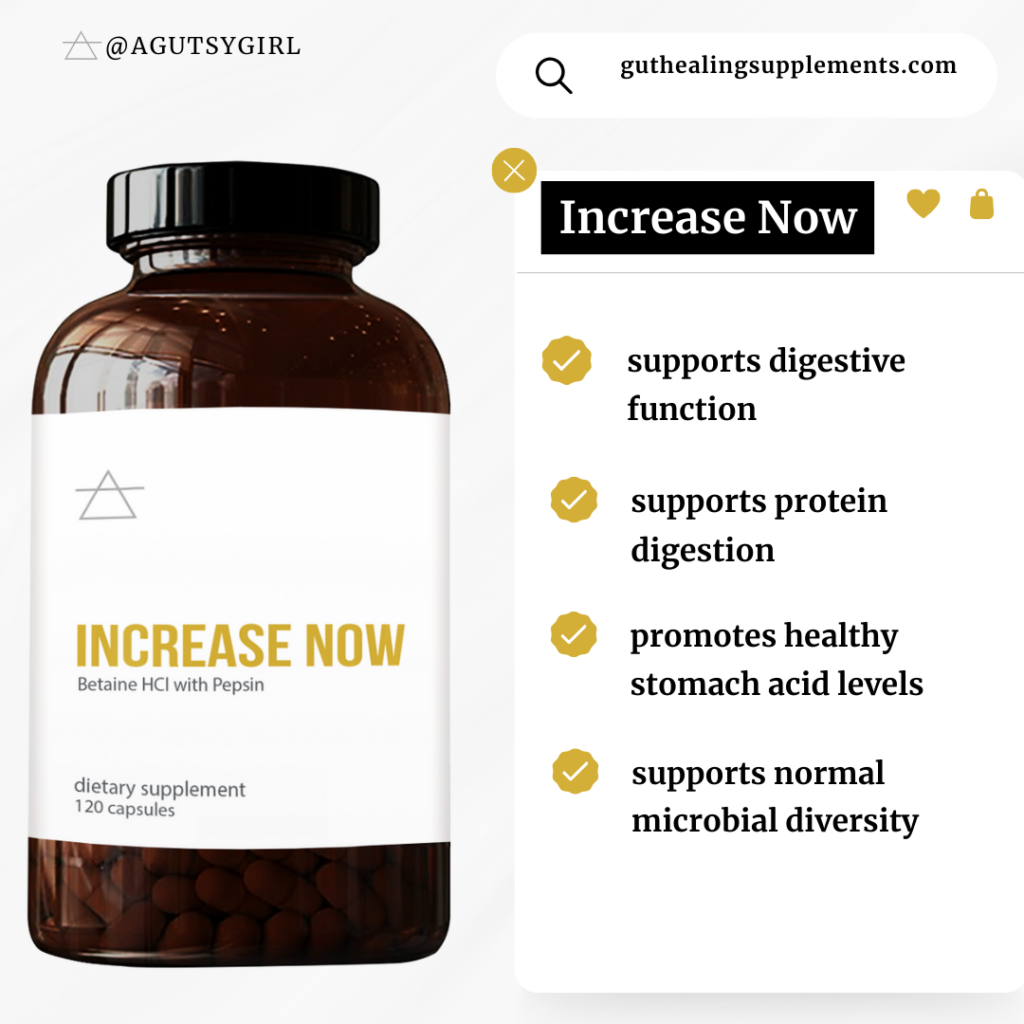
Betaine HCl provides 750 mg of betaine hydrochloride per capsule along with pepsin, a key protein digestive enzyme produced in the stomach. This product is ideal for those who are looking to support their stomach’s digestive function.
Note: Apple Cider Vinegar is also another natural way to increase stomach acid, thus reducing bloat.
6: Magnesium
Magnesium is always touted as one of the best ways for IBS relief as it simply relaxes your muscles.
When you supplement with magnesium, you increase water in your intestines which help initiate peristalsis (the wavelike motion which moves fecal matter through your intestines).
Peristalsis also pushes food into your stomach.
There are two forms of magnesium that I love for reducing bloating and constipation:
- Magnesium Glycinate
- Magnesium Citrate
You can see the differences between the glycinate and citrate forms of magnesium HERE.
In my line at guthealingsupplements.com, we chose the glycinate form, though as it was more conducive for overall lifestyle changes like getting more relaxing sleep so that bloating reduces and overall gut health improves.
7: CBD Oil
According to the post highly-regarded nutritionist Ashley Koff wrote, CBD for Digestion,
If you suffer from IBS-C, then, CBD oil might be for you. According to Ethan Russo, cannabis researcher and physician, endocannabinoid deficiency may contribute to IBS, thus full spectrum hemp-derived CBD or a CBD / THC blend may help prevent or address IBS symptoms.
You can learn more about the Endocannabinoid System HERE.
8: Peppermint Oil
While there are many different essential oils that people tout for various health benefits, Peppermint oil (PO) has intrinsic properties that may benefit patients with irritable bowel syndrome (IBS) symptoms.
It contains contains L-menthol, which blocks the calcium channels in smooth muscle. This produces an antispasmodic effect in the gastrointestinal tract.
Peppermint oil also has anti-inflammatory properties and may support the immune system.
There are many ways for taking peppermint oil, but one common way is via an enteric-coated peppermint oil capsule. With an entire-coated capsule, the likelihood of stomach acid production lessens.
However, do make note that peppermint oil is not for those of you with GERD / Acid Reflux. Avoid if you have this condition plus IBS.
9: Activated Charcoal
Here are six reasons for using Activated Charcoal for gut healing:
- Flushes toxins out of the body (stated above)
- Relieves stomach discomfort
- Eases gas and bloating after certain meals
- Helps the body to expel irritants after food poisoning (SIBO is often triggered after a bout of food poisoning)
- Promotes overall digestive health
- Supercharges a cleanse
10: Simethicone
And the last one I wanted to include on this list of the best supplements for IBS bloating is Simethicone.
You might not have heard of this one before, but you likely have heard of these common brand names for it: Gas Free, Gas Relief, Gas-X, Gas-X Extra Strength, Gas-X Ultra Strength, GasAid, Mylanta Gas, Phazyme.
According to Cleveland Clinic,
SIMETHICONE (sye METH i kone) treats the symptoms of gas, such as fullness, pressure, and bloating. It works by making it easier to pass gas through your digestive tract and exit your body.
Unlike the other options on this list, Simethicone is a medication. However, it is one that people find to have beneficial effects for their bloating symptoms.
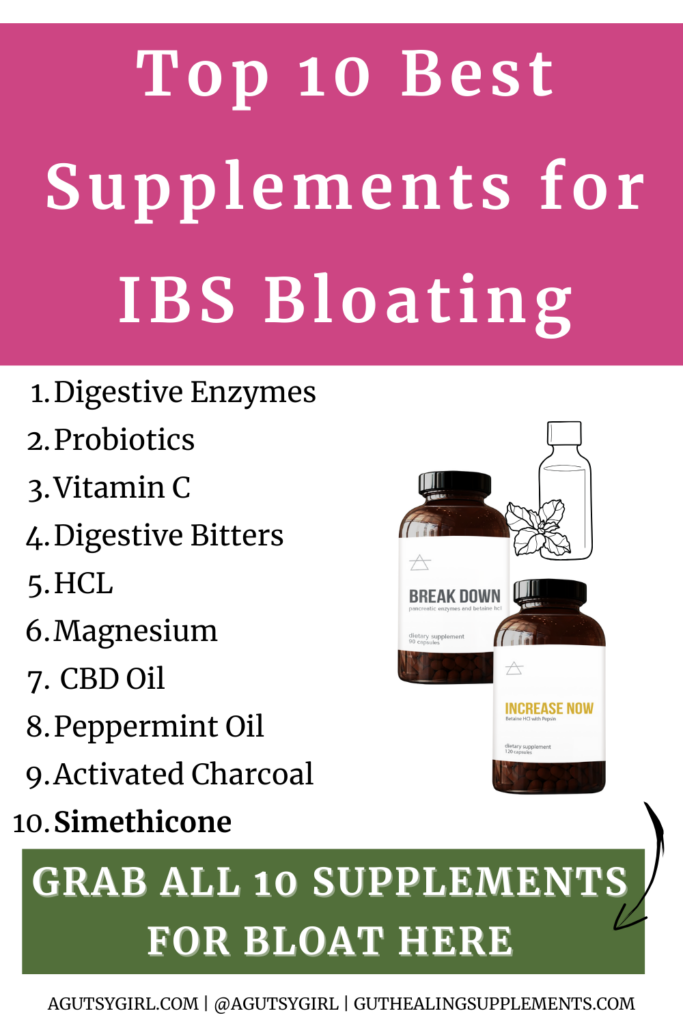
Besides Supplements for Bloating
Because bloating is just a symptom for a larger problem or “trigger,” here are some more things you can try when the bloat hits:
- Choose wisely between soluble fiber and insoluble fiber.
- Avoid artificial sweeteners which have been shown to exacerbate bloating symptoms.
- Stop reaching for over the counter medications 24/7. KNOW what you’re using and work with a practitioner to determine what’s right.
- Be wary of fermentable carbohydrates.
- Walk on a regular basis (notice I did not say high intensity interval training exercise?!)
- Calm your nervous system.
- Consider making dietary changes (p.s be sure these are short-term and not long-term and use the journal – below to help track so you know for sure what’s working and what’s not).
- Sleep. And then sleep some more.
- Get a heating pad.
- Do breathing exercises.
And as always, DRILL DOWN – find YOUR root cause so that you can heal for good.
Isn’t THAT the ultimate goal?
How are they working?
So how to know if these bloating supplements are working for you?
Well, the best way is to keep track of it all.
- Ask yourself in a weekly recap, “How is this working for me?” See more about this exercise HERE.
- Keep that journal! Keeping a food and lifestyle journal is your #1 chance for success. You can grab my 28-day gut healing journaling SYSTEM (PDF) HERE or have me ship a beautiful, spiral-bound journal to your doorstep.
Are there any IBS supplements specifically for bloating you’d add to this list? What has worked best for you?
If you liked this post, you might also enjoy:
- All of these supplements and my recommendations for each can be found via the FREE Master Gutsy Resource links spreadsheet HERE
- Supplements 101 (FREE 30-day series on the supplements you need to know about for your gut healing and/or gut health journey)
- Reduce Your Bloat ASAP
Xox,
SKH
🤰 bloating be gone! weight loss through optimal gut health for women
💃ʜᴇᴀʟ ʏᴏᴜʀ ɢᴜᴛ. ʜᴇᴀʟ ʏᴏᴜʀ ʟɪfe.
🫶🏻 founder gutbyome.com

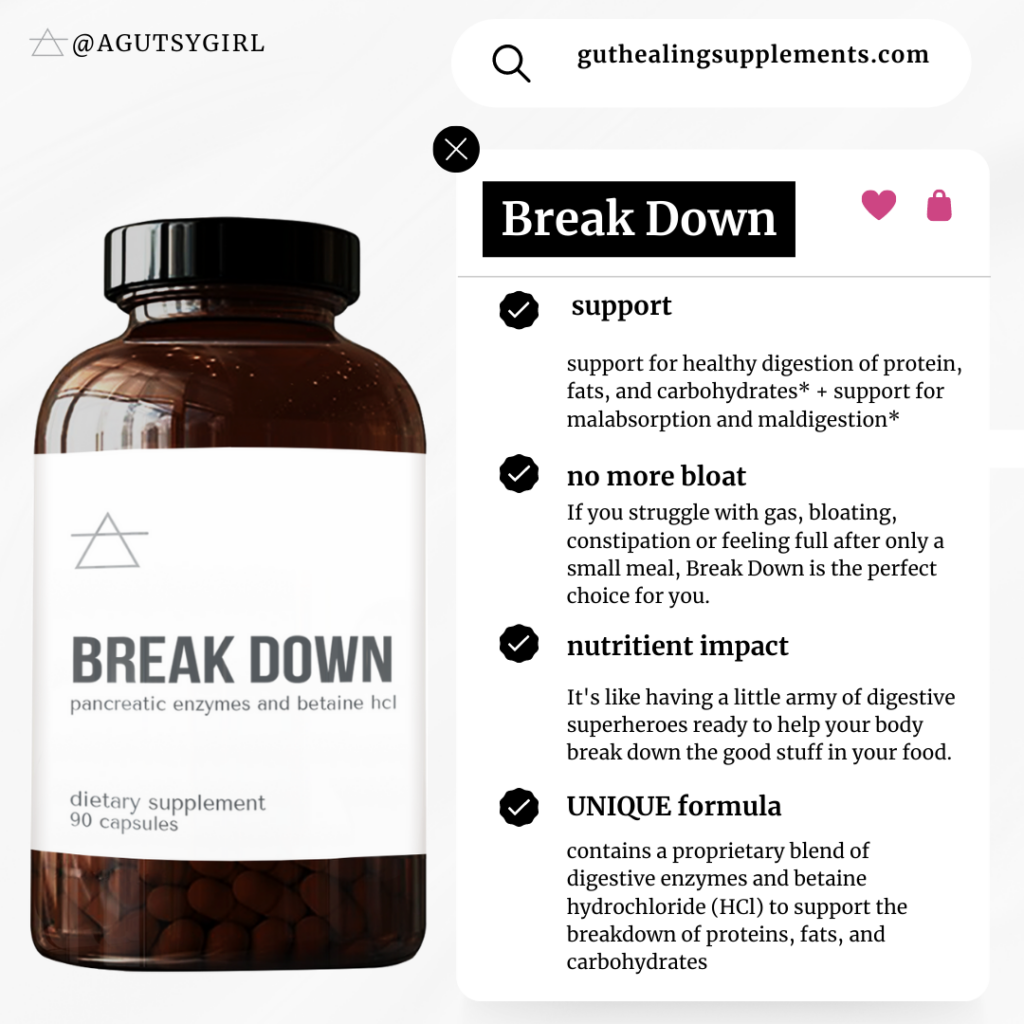
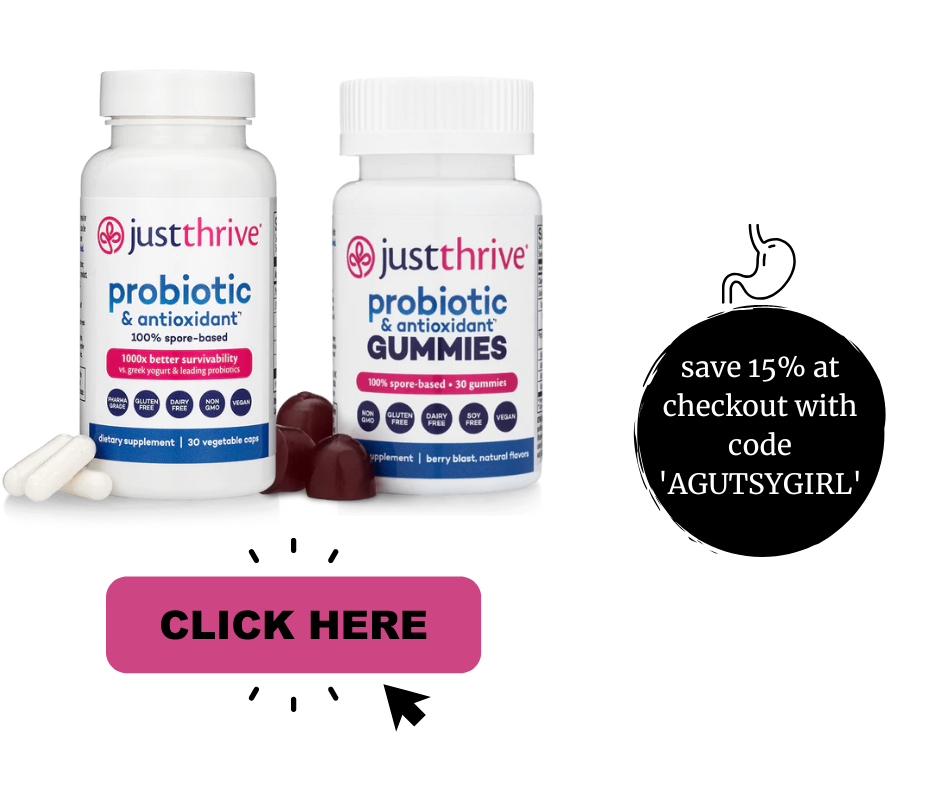
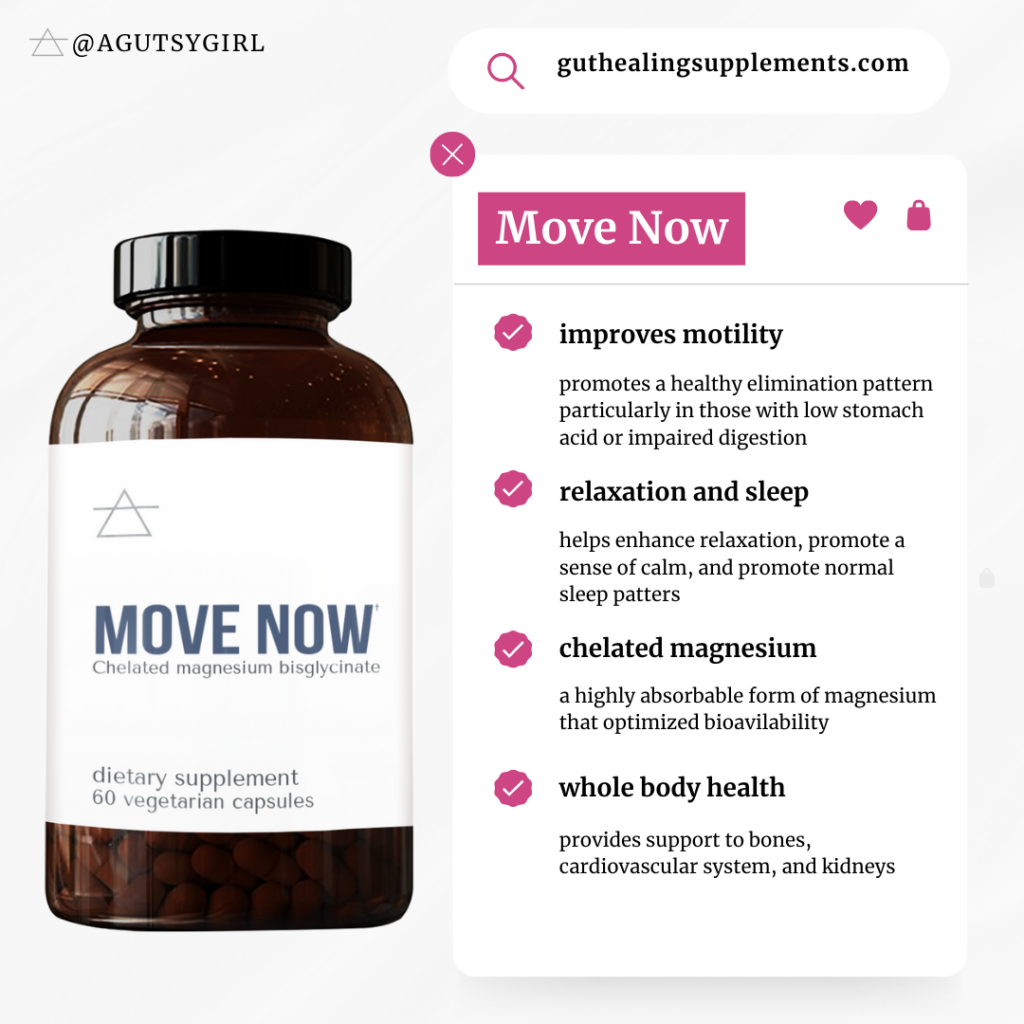
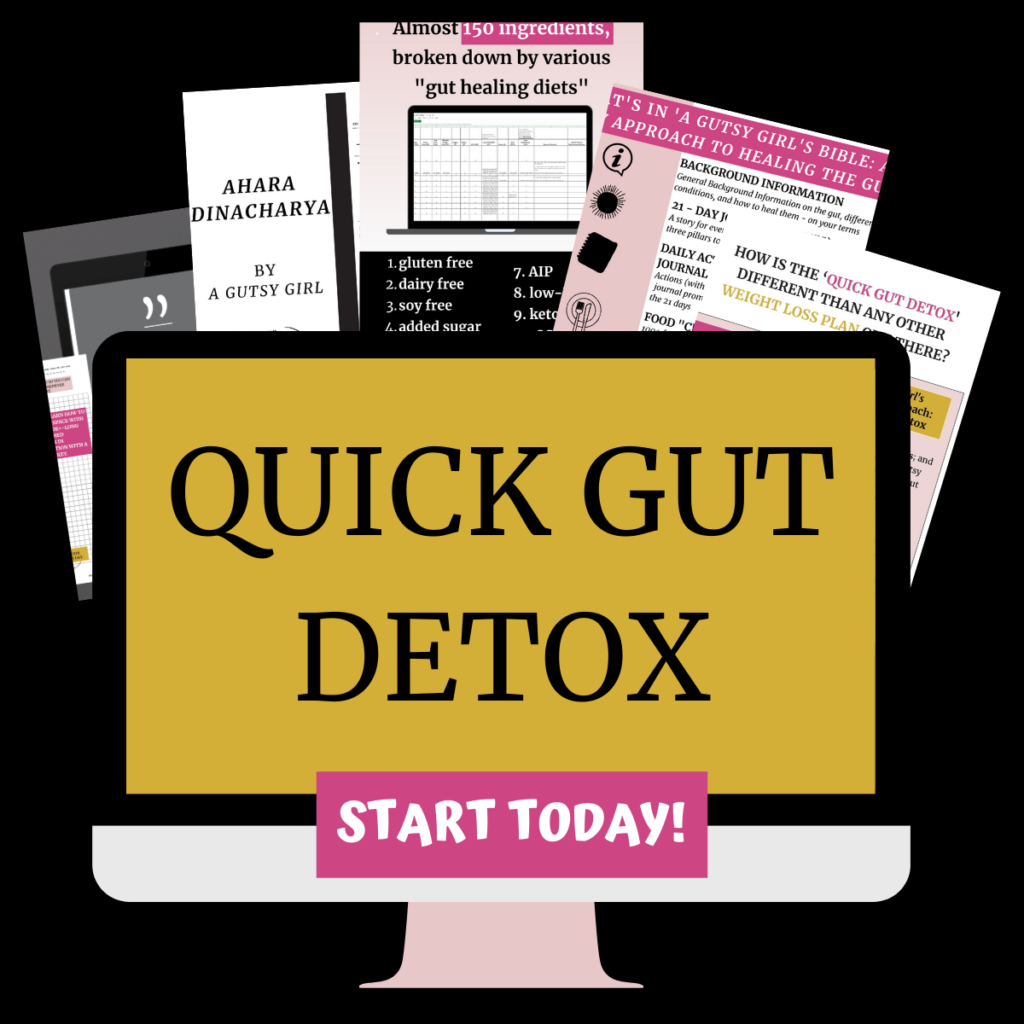
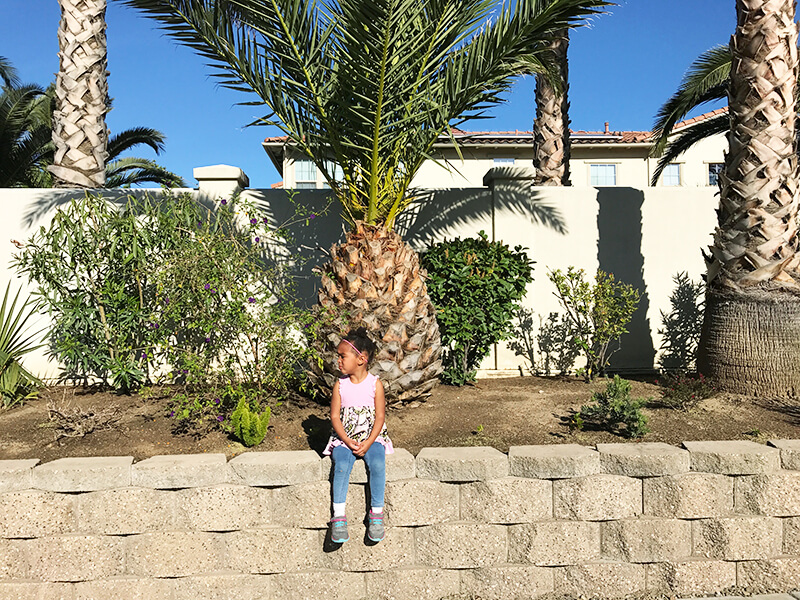

![IBS vs IBD [What’s the Difference]](https://agutsygirl.com/wp-content/uploads/2019/08/reflux-featured-agutsygirl.com_.png)


